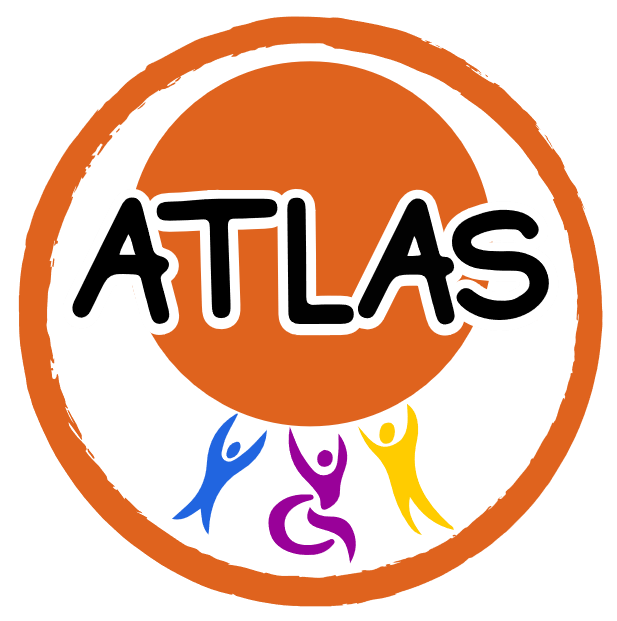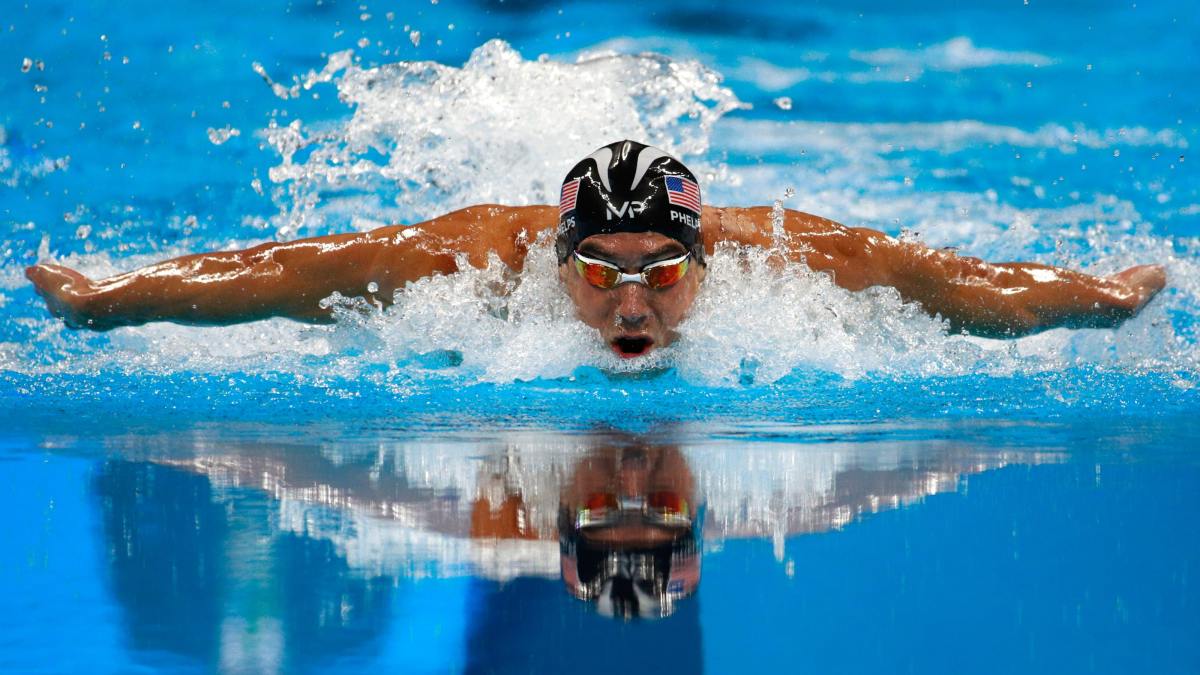Michael Fred Phelps is famous throughout the world for his legendary abilities whilst swimming. Phelps is, by far, the most successful Olympian of all time with 28 Olympic medals of which 23 are Gold. Phelps also has several world records relating to swimming and is the fastest human being alive in the water. Phelps has achieved this success for many reasons, not least being his own hard work and dedication, as well as having a body especially suited for high water mobility. But another factor that may have allowed Phelps to reach such success, much to the surprise of many, may be his ADHD. Phelps was diagnosed with the condition when he was a child, and some believe that this diagnosis played a role in making him such a world class athlete. In examining how ADHD has affected Phelps, we may learn to see Disability in a rather different light.
“I simply couldn’t sit still, because it was difficult for me to focus on one thing at a time”
– Michael Phelps, from his book Beneath the Surface
ADHD, or Attention Deficit Hyperactivity Disorder, is a condition that causes many behaviours that are unusual in the rest of the population. Commonly observed behaviours include restlessness, short attention span, and difficulty focusing. Many people consider ADHD to be purely negative, but many people with the condition themselves see it quite differently. For instance, ADDA, an self-advocacy group run by people with the condition, argue that ADHD is worthy of being celebrated. Whilst living with ADHD may present challenges, ADDA argues that the condition can in fact have its advantages and should be better thought of as simply a different way of having a mind. This might sound strange at first, but in Michael Phelps there may be an incredible example of this idea in action.
Historically, ADHD was understood as an inability to focus but more modern research suggests that it may in fact be a lack of control on what the brain focuses on. This is why ADHD people often exhibit a trait called ‘Hyperfocus’, where they focus intensely and singly on one thing, often for hours at a time. The theory goes that ADHD people often have a far stronger ability to focus than so called ‘Neurotypicals’ (those without ADHD) do. The problems come when an ADHD person has to focus on one thing when around them are ten or twenty distractions to drag their attention from. Most people have the ability to forcefully draw themselves back to the object of their focus and resist distractions, but without this many ADHD people struggle to stick to one thing long enough to make meaningful progress. With that said, picture child Michael Phelps in a swimming pool. Whilst in a classroom he might struggle to sit and do his work because of all the distractions, in the pool, with nothing to focus on but the water, his mind can intensely focus for hours on end. This allows Phelps to practice far longer and maintain focus far longer than his neurotypical coevals. Becoming a world star athlete requires spending many hours of each day practicing, but it also requires being able to remain attentive to technique even after hours of practice. Its possible that it is because and not in spite of, Phelps’ Disability that he has been able to take on the entire world in his chosen sport, and definitively triumph.
Michael Phelps Video: ADHD and What I would tell my Younger Self
Video Description: Michael Phelps talks to the camera about what he would tell his younger self and what it was like growing up with ADHD. Video has closed captions.
About Theo!
“Hi! My name’s Theo Greiner and I work in the Web and Digital Services Team at Surrey County Council. I’m also on the Autism spectrum and use that experience to write articles on accessibility on behalf of the Council to get people thinking about Accessibility and Disability. I write in hopes of shifting people’s ideas about Disability towards ones that treat Disabled people with the respect and agency they deserve. I hope you enjoy them.”

